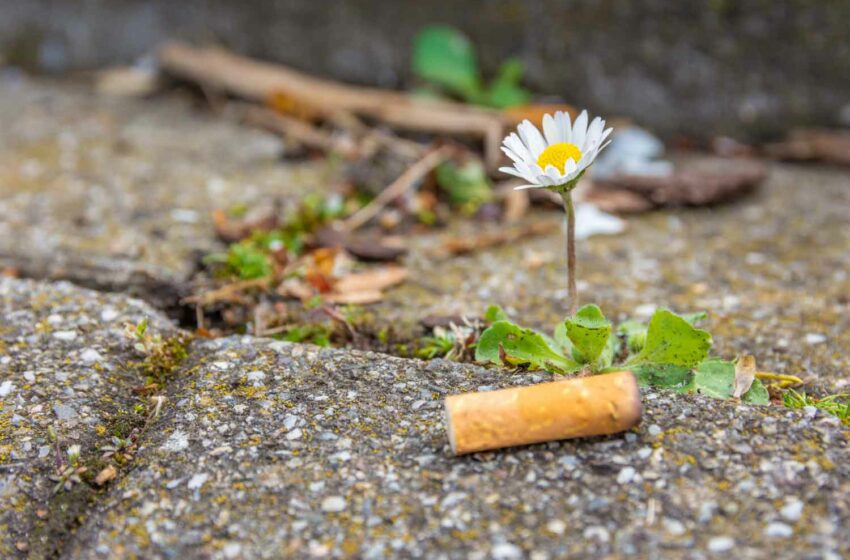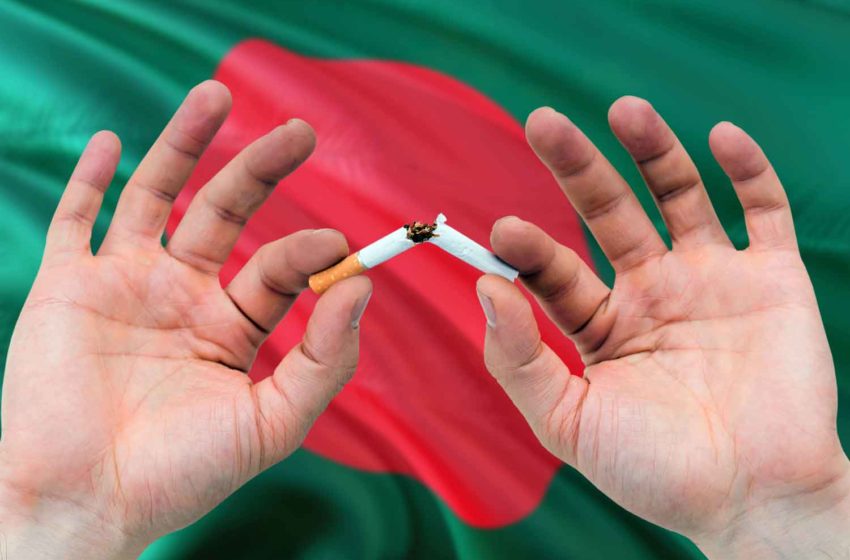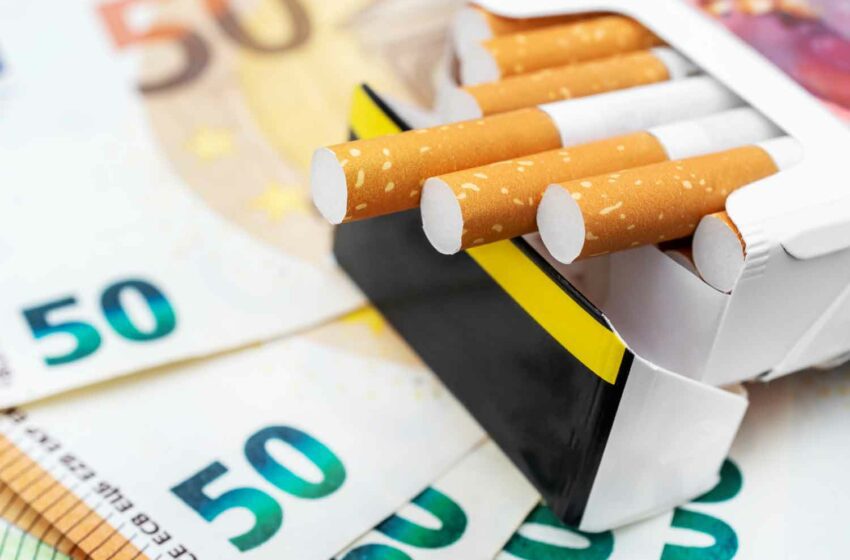
The costs of environmental pollution caused by plastics in cigarette butts and packaging amount to an estimated $26 billion every year in waste management and marine ecosystem damage worldwide, according to a data analysis published online in Tobacco Control.
To gauge the global economic toll of tobacco waste, Deborah K. Sy of the Global Center for Good Governance in Tobacco Control in Bangkok drew on public data sources for cigarette sales, cleanup costs and plastic waste on land and sea.
The average weight of each plastic filter is 3.4 grams. As cigarette butts are often littered along with plastic packaging, which weighs an average 19 grams for a standard pack size of 20 cigarettes, this was also included in the calculations.
The researcher estimated the annual projections of the environmental and economic costs of tobacco plastic based on the tonnage. Ten-year projections were included because cigarette butts are reported to take 10 years to degrade.
The total figure reflects cost estimates of cleanup and disposal (adjusted for inflation) of the total plastic generated by filtered cigarette sales potentially ending up as waste in the sea, landfills or in the environment.
Sy estimated that the annual economic cost of cigarette plastic waste is around $26 billion, made up of $20.7 billion in marine ecosystem damage and $5 billion in waste management costs, adding up to $186 billion over 10 years.
The costs of tobacco product plastic pollution are likely highest in China, Indonesia, Japan, Bangladesh and the Philippines, the estimates suggest.
The research was funded by Bloomberg Philanthropies.









